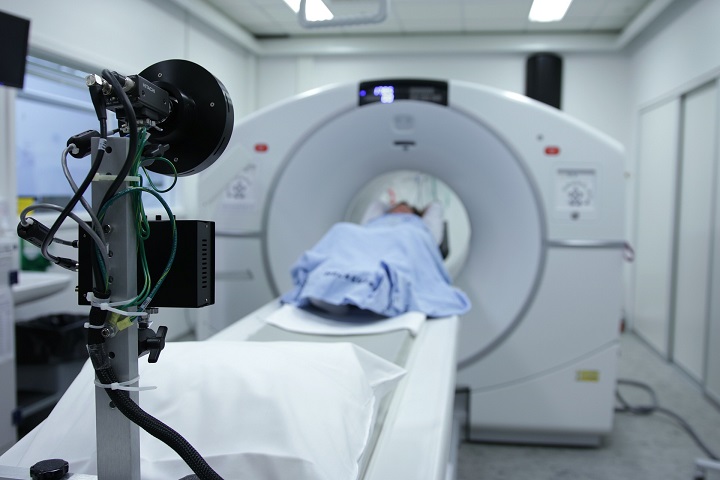Medical equipment management is a critical aspect of healthcare delivery in Europe. It involves the planning, procurement, maintenance, and disposal of medical equipment and devices used in hospitals and other healthcare facilities. Effective medical equipment management is crucial for ensuring the safety, quality, and availability of medical equipment for patients. It also helps to minimize the risk of equipment failure and downtime.
One of the main challenges of medical equipment management in Europe is the large number of different types of equipment and devices used in healthcare facilities. This includes everything from diagnostic equipment and surgical instruments to patient monitors and imaging machines. This diversity of equipment requires a comprehensive management system that can track and manage all types of equipment.
Another challenge is the rapid pace of technological change in the medical equipment industry. New equipment and devices are constantly being developed, and healthcare facilities must stay up-todate in order to provide the best possible care for their patients. This means that medical equipment management systems must be able to adapt to new technologies quickly and effectively.
In Europe, there are several initiatives in place to support medical equipment management. One of the most important is the Medical Devices Coordination Group (MDCG), which is responsible for coordinating the implementation of the EU Medical Devices Regulation (MDR) across all member states. The MDR aims to improve the safety and performance of medical devices and increase transparency in the medical devices market.
Another important initiative is the European Medical Devices and In-Vitro Diagnostics Regulation (IVDR), which aims to improve the safety and performance of medical devices and in-vitro diagnostics in the EU. This regulation will come into effect in 2022 and will require all medical device manufacturers to comply with new safety and performance requirements, including increased transparency and traceability of devices.
In addition to these initiatives, there are a number of national and regional programs in place across Europe to support medical equipment management. This includes training programs for healthcare professionals, as well as funding and support for the purchase and maintenance of medical equipment.

Medical equipment management private companies can play a significant role in transforming the healthcare sector by providing a wide range of services that help healthcare providers to manage their medical equipment more effectively. These services can include:
Equipment procurement: Medical equipment management companies can help healthcare providers to purchase new equipment and devices at competitive prices, and can also provide financing and leasing options.
Equipment maintenance and repair: These companies can provide regular maintenance and repair services for medical equipment to ensure that it is in optimal working condition. This can help to minimize downtime and reduce the risk of equipment failure.
Equipment tracking and inventory management: Medical equipment management companies can provide software and systems that enable healthcare providers to track and manage their equipment inventory more effectively. This can help to ensure that equipment is properly allocated and that it is used efficiently.
Training and education: Medical equipment management companies can provide training and education programs for healthcare professionals on how to use and maintain medical equipment. This can help to ensure that staff are properly trained and that equipment is used safely and effectively.
Decommissioning and disposal: Medical equipment management companies can also help healthcare providers to decommission and dispose of old or outdated equipment in a safe and environmentally friendly manner.
By providing these services, medical equipment management companies can help healthcare providers to improve the efficiency and effectiveness of their medical equipment and devices. This can lead to better patient care, improved safety and quality, and reduced costs. Additionally, medical equipment management companies can also work closely with healthcare providers to identify trends and needs in the medical equipment market, which can help to shape the future of healthcare technology.
In conclusion, medical equipment management is a critical aspect of healthcare delivery in Europe, and there are a number of initiatives in place to support it. Effective medical equipment management is crucial for ensuring the safety, quality, and availability of medical equipment for patients, and helps to minimize the risk of equipment failure and downtime. However, the diversity of equipment and rapid pace of technological change pose challenges for the management of medical equipment.